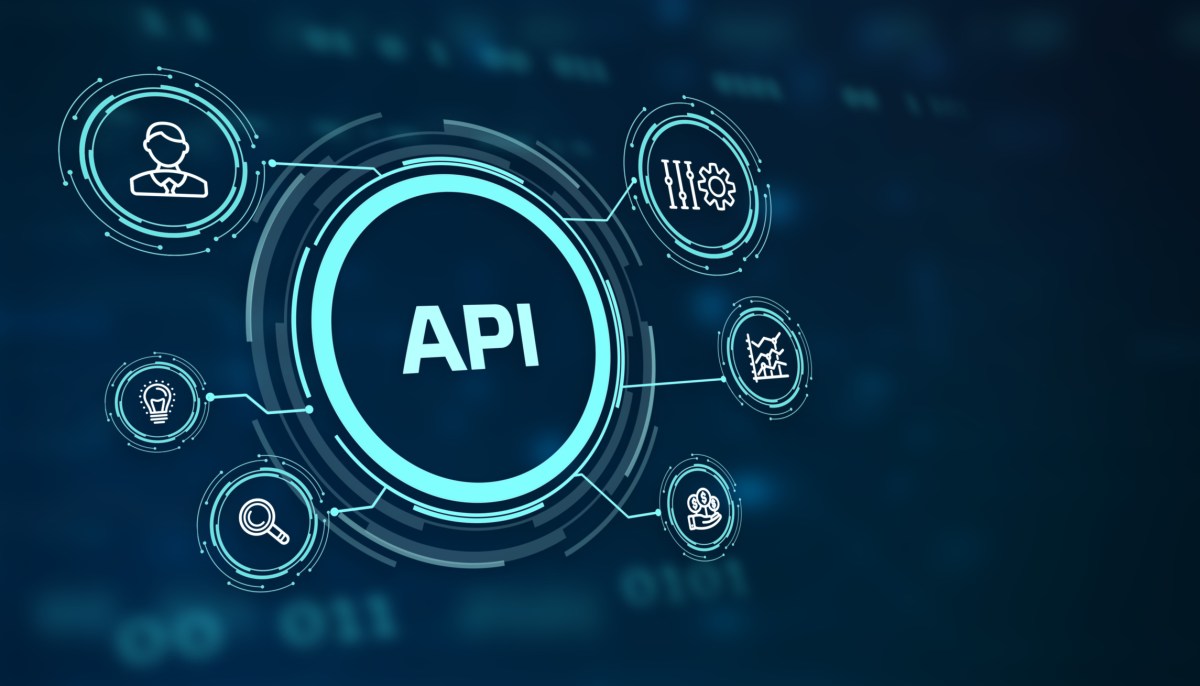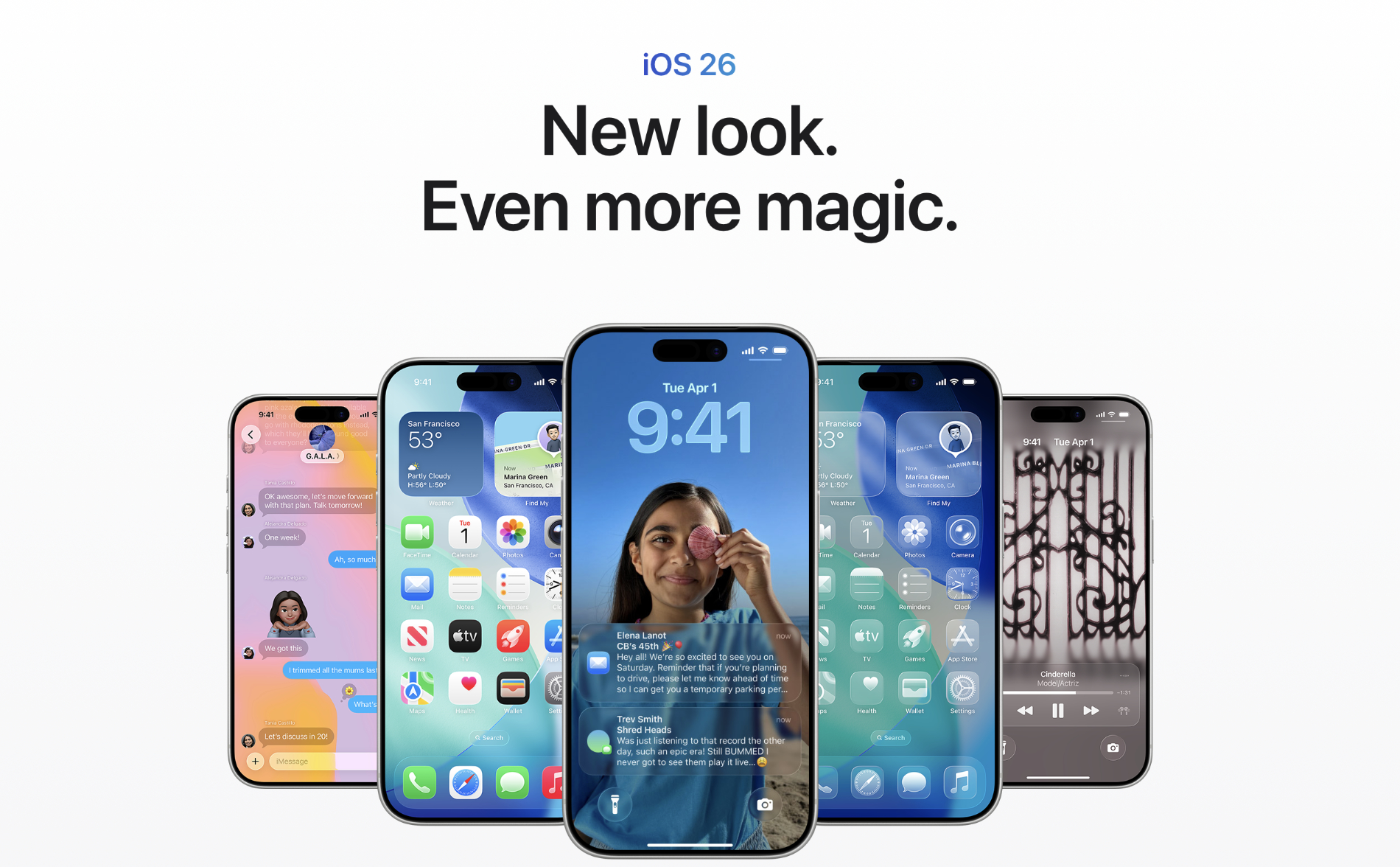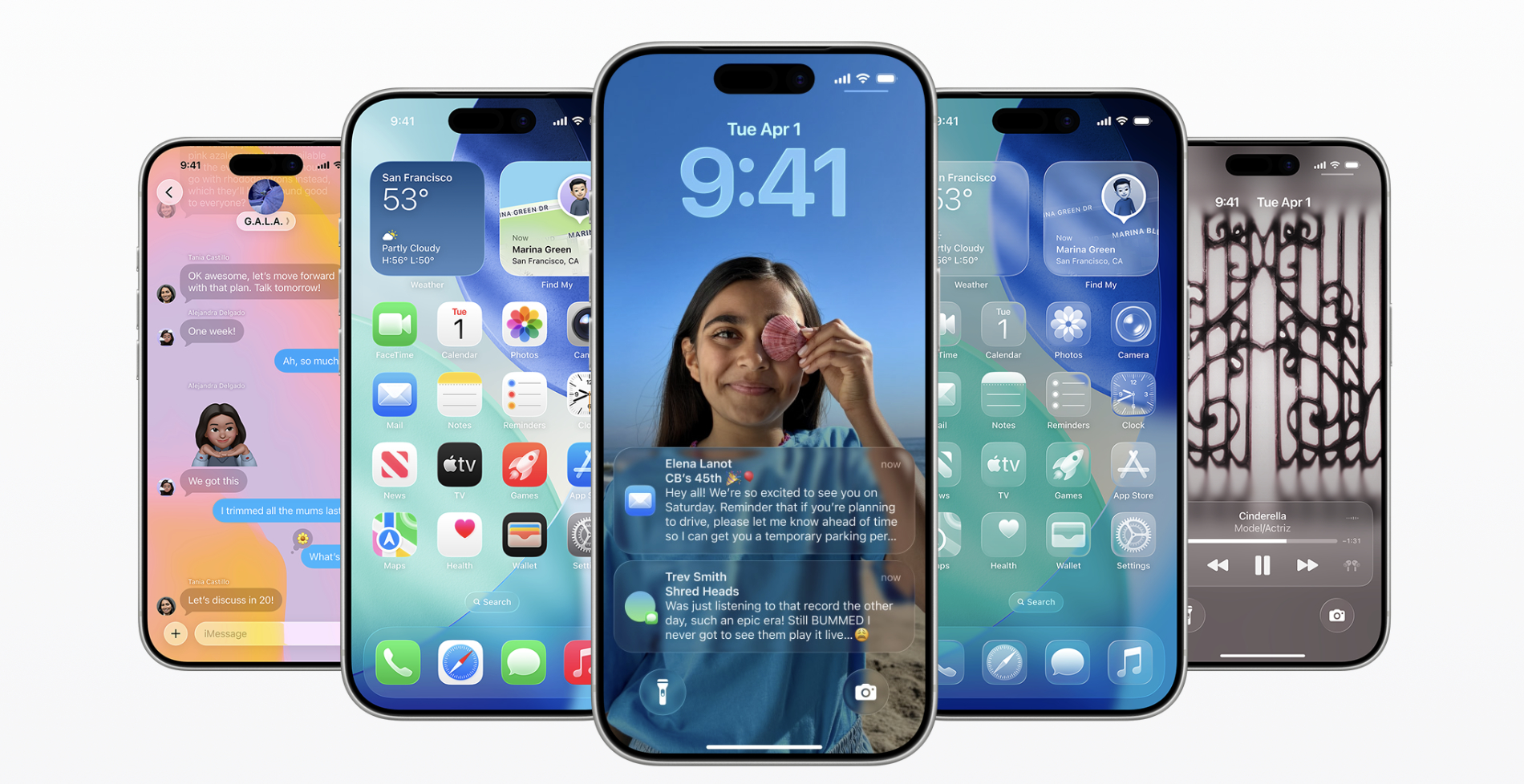
Nokia, once the world’s biggest mobile phone company but now mainly a provider of infrastructure and services to telecoms carriers, has made an acquisition in its bid to be a bridge between the worlds of tech and telecoms. It’s acquiring Rapid, formerly known as RapidAPI, a startup that operates an API marketplace. Nokia will be integrating Rapid into a platform it’s building to help 5G operators open their networks to more developers.
“Operators need a bridge to connect to thousands of developers to drive enterprise and consumer value creation and monetize their networks,” said Raghav Sahgal, president of Cloud and Network Services at Noka, in a statement.
The deal will include a public marketplace, enterprise services, and an enterprise-grade API hub designed for building, testing, and sharing APIs internally and externally.
Terms of the deal are not being disclosed in the official announcement. Rapid was once valued at $1 billion and counted as many as 4 million users tapping into some 40,000 APIs. The companies are not disclosing Rapid’s active users as of today except to note that it is a number in the thousands, and that APIs are in the hundreds. As Nokia is publicly traded, more financial details may come through in a future filing.
The landscape for technology has shifted drastically over the last couple of years, and many later-stage startups have found it challenging to meet the lofty forecasts they had set while raising big funding rounds in more buoyant years. (Rapid’s $1 billion valuation was based on a funding round from 2022.)
Rapid rose to prominence amid a boom of interest in APIs a decade ago, when APIs were first emerging as the webbing between a disparate number of apps and other services. Rapid’s pitch was that it provided a one-stop place to find and use APIs in what appeared to be a very fragmented market.
But it’s not clear that Rapid found a route to profitability in providing that service. Rapid’s founder Iddo Gino (a wunderkind who started the company aged just 17 in 2015), stepped down as CEO in April 2023, replaced by Marc Friend, and in the weeks following, the startup saw at least two major rounds of layoffs that reduced headcount by 82% (cue headlines of the company’s “Rapid descent“).
Rapid, based out of San Francisco, had raised nearly $273 million in venture funding from big-name investors that included Andreessen Horowitz, Microsoft, and SoftBank, among others.
It’s not clear how many people are actually at Rapid as of now, nor how many would be joining Nokia in the deal. Nokia’s statement emphasizes product more than people, noting that it is acquiring “technology assets, including the world’s largest API hub used by thousands of active developers globally, and its highly skilled research and development unit.”
For Nokia, the acquisition is an interesting and slightly ironic turn given the Finnish company’s history as a pioneer in the world of mobile.
Back in the 1990s, Nokia set the pace for building mobile networks around the world, and it became the world’s No. 1 handset maker. In the 2000s, however, it missed the boat in the shift to smartphones, where Apple and Google (and Samsung and the hundreds of others building on Google’s Android operating system) took charge. Some argued that one of Nokia’s biggest failings was its inability to build an extensible ecosystem for apps and third parties to build for its smartphones. So it’s interesting that it’s now positioning itself as an enabler for that very purpose.
Specifically, Nokia sees an opportunity for carriers to encourage more developments on their 5G networks, now built out but in many cases underutilized. Carriers, they say, want more third parties building applications and other services on these networks, and they have launched a new “Network as Code” platform to that end. Rapid’s API framework will exist as part of that initiative. Nokia said that carriers and other service providers signed up to the platform include BT, DISH, Google Cloud, Infobip, Orange, Telefonica, and Telecom Argentina, as well as 20 others.
“We are pleased to join forces with Nokia,” Friend, the CEO of Rapid, said in a statement. “The combination of Rapid’s API technology and R&D expertise with Nokia’s scale and network and API domain expertise will enable us to expand the broader API ecosystem.”






